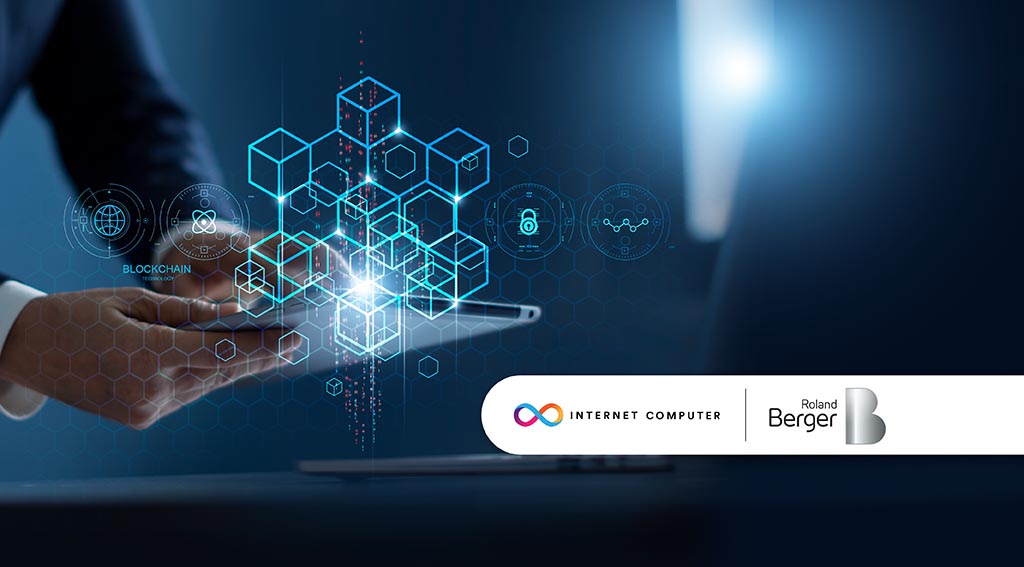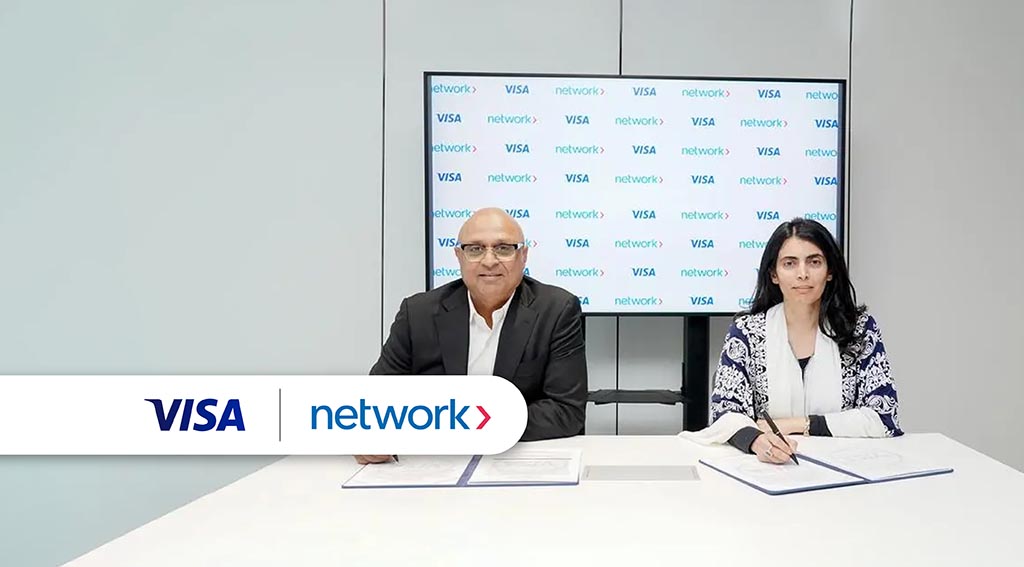DFINITY Foundation Partners with Roland Berger to Transform Recycling with Blockchain-Based Credits
In a groundbreaking collaboration, Roland Berger has teamed up with the DFINITY Foundation to develop the first global standard for Voluntary Recycling Credits (VRC). The aim of this initiative is to address the pressing global waste management challenge by harnessing the power of blockchain technology.
The DFINITY Foundation, known for its expertise in the blockchain space and the development of the Internet Computer, will be responsible for creating the underlying technology for the VRC standard. This standard represents a significant leap forward for the recycling sector and draws inspiration from the Voluntary Emission Reduction model in the carbon market.
The introduction of blockchain technology into the VRC system is a pivotal development. It ensures the integrity and effectiveness of the standard by providing secure, transparent tracking of offset activities. The decentralized and secure nature of blockchain technology offers a level of transparency that fosters trust among all stakeholders, including waste producers and recyclers.
Pierre Samaties, a Partner at Roland Berger, expressed his satisfaction with the selection of The DFINITY Foundation as the technology partner for the VRC project. He emphasized the importance of choosing the right blockchain technology to harmoniously balance decentralization, security, usability, and storage space for a project of this significance.
Dominic Williams, Founder and Chief Scientist of the DFINITY Foundation, also voiced his enthusiasm for the collaboration. He highlighted how the VRC project aligns with the core values of the DFINITY team and represents a major step forward for sustainability in the world. The integration of VRC into the Internet Computer blockchain signals an important advancement for the future of the program.
The Internet Computer blockchain, known for its sustainability credentials and operational reliability, will serve as the technology backbone for the VRC standard. This blockchain has been operational for over two years without any downtime and handles over 750 million transactions daily.
The initiative, which was first unveiled in Paris, has garnered support from various stakeholders, including the BEEAH Group, the International Solid Waste Association, and the backing of the United Arab Emirates Ministry of Climate Change and Environment, as well as the COP28 Presidency. The long-term vision for VRC extends beyond waste management and aims to support the broader objectives of the Paris Agreement by reducing landfill waste and promoting the adoption of extended producer responsibility schemes.
Businesses stand to benefit from these blockchain-based credits as a means to offset their environmental footprint and comply with recycling mandates, particularly in regions with limited recycling infrastructure. The credits also enable companies with surplus recycling capabilities to trade them in a dynamic market.
The partnership between Roland Berger and the DFINITY Foundation marks a significant milestone in leveraging blockchain technology to drive sustainability and efficiency in the global recycling ecosystem. This collaboration sets a new standard for the industry, paving the way for a more responsible approach to waste management and environmental conservation.

I have over 10 years of experience in the field of cryptocurrency and blockchain technology. I have attended numerous conferences and events around the world, and my work has been featured in major publications such as CoinDesk, Bitcoin Magazine, and Yahoo Finance.




